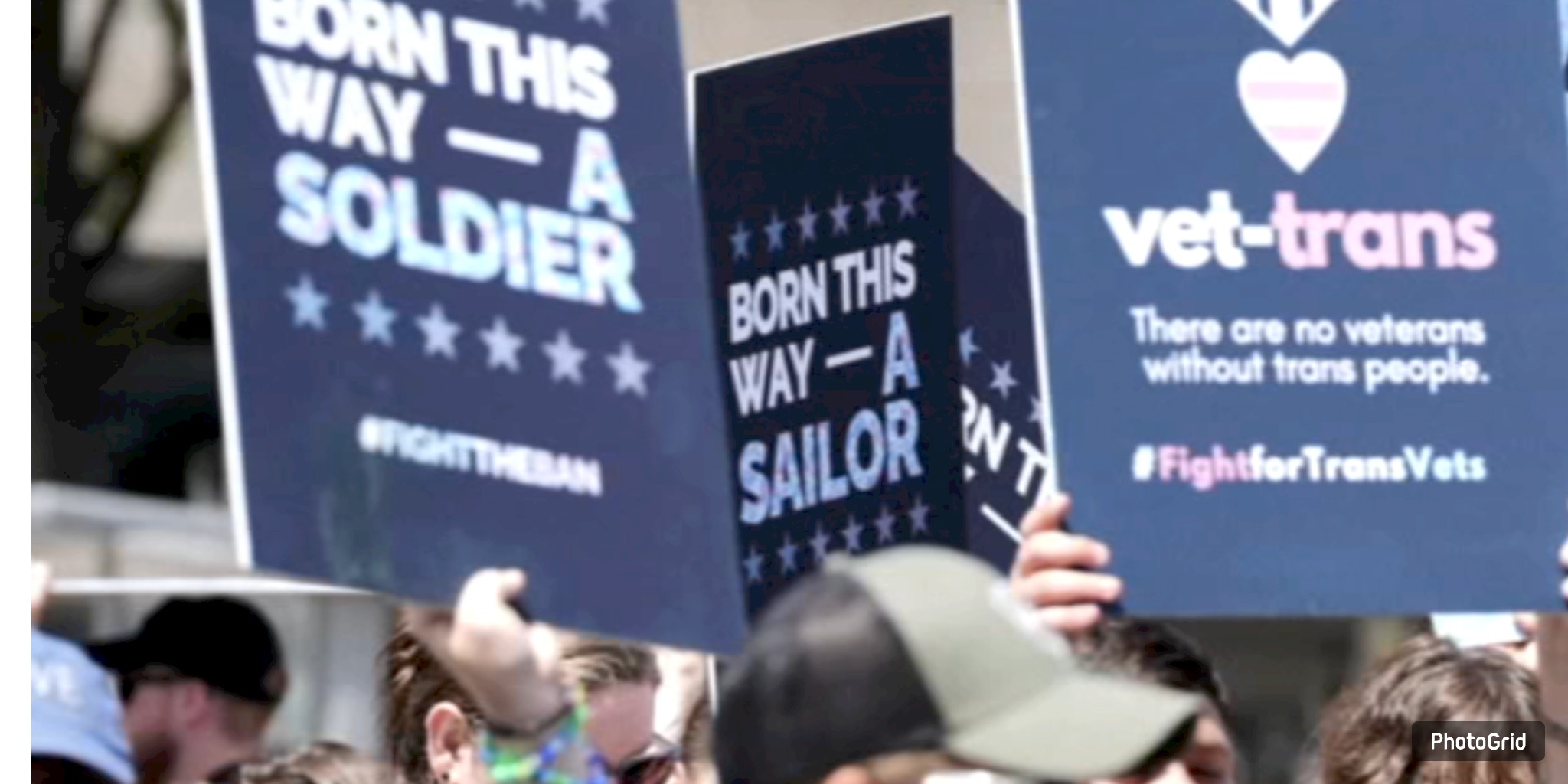


Transgender service members report experiencing confusion and uncertainty following the Air Force's decision to revoke previously approved retirement orders. This move is part of a broader initiative by the Trump administration aimed at restricting individuals with gender dysphoria from military service.
In January, the administration implemented a ban on transgender individuals from serving or enlisting. According to the policy, service members diagnosed with gender dysphoria are now subject to separation, whether they choose to leave or are compelled to do so. Individuals opting for voluntary separation will receive a lump sum payment that is double the amount of an involuntary payout.
Legal advocates have initiated a lawsuit, contending that the prohibition unfairly targets transgender service members, a significant number of whom possess extensive experience, including positions in senior leadership. In the face of persistent legal hurdles, the military has initiated the rollout of the policy.
A spokesperson for the Air Force announced on Thursday that the guidance for the involuntary separation process is currently in the finalization stage. However, some soldiers who believed they had found a way to avoid separation are expressing concerns that the guidelines appear to be changing.
An airman in Ireland, who sought early retirement through an exception, received approval on June 6 and was issued retirement orders on that very day. In a similar vein, Anguiano, a transgender service member, obtained approval in June, with her retirement scheduled for December. However, on August 1, both individuals reported receiving notifications that their orders had been canceled.
“This isn’t much of a choice—we want to remain in our professions,” one transgender airman shared with Task & Purpose earlier this year.
The recent changes have placed impacted service members in a state of uncertainty, as they grapple with the possibility of leaving under favorable conditions, being involuntarily discharged, or finding themselves in a precarious situation. At the same time, the administration continues to enforce its ban.
















From breaking news to thought-provoking opinion pieces, our newsletter keeps you informed and engaged with what matters most. Subscribe today and join our community of readers staying ahead of the curve.